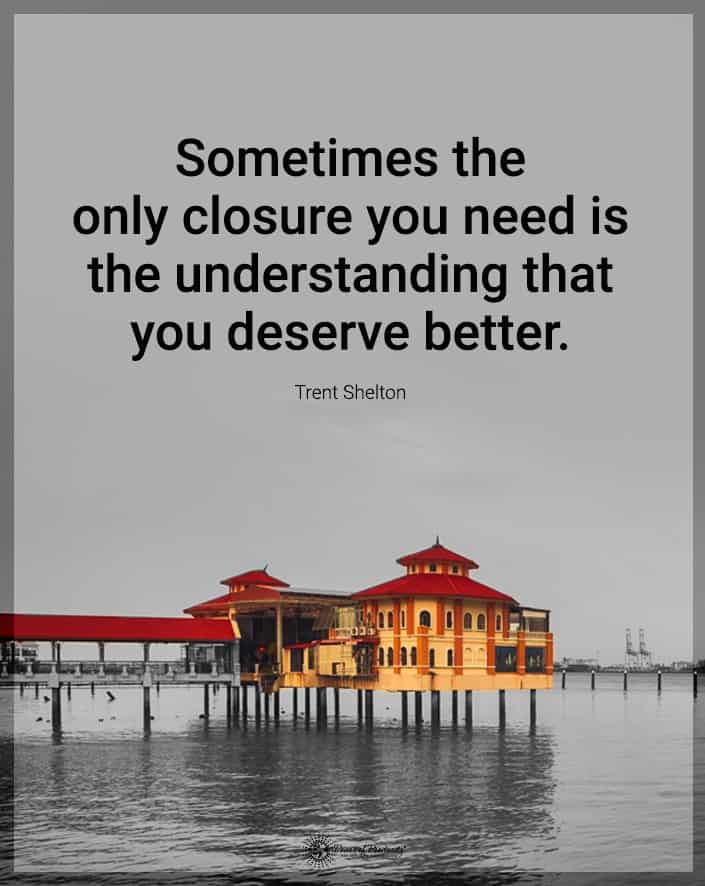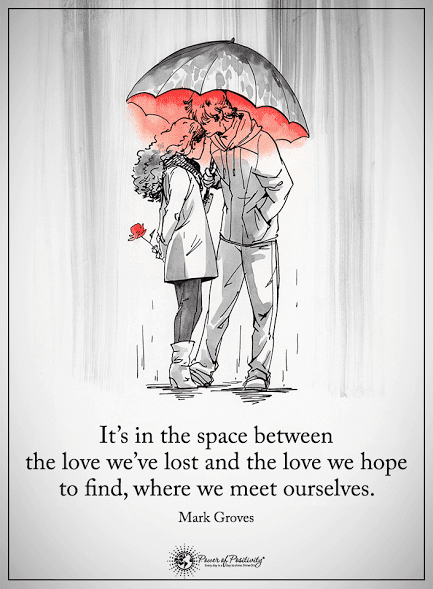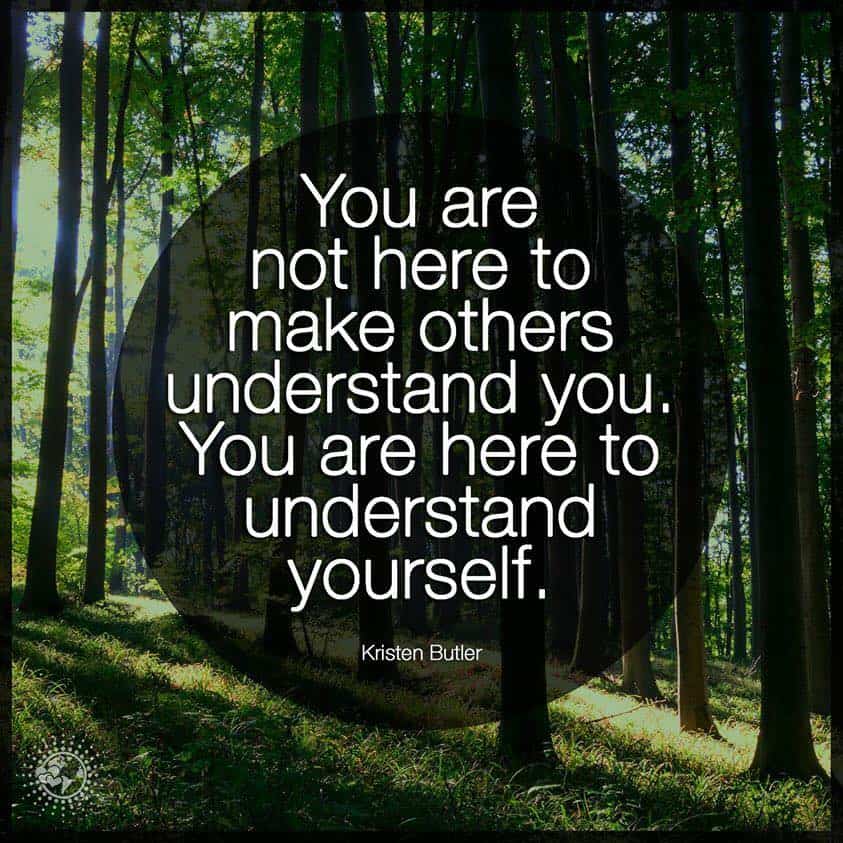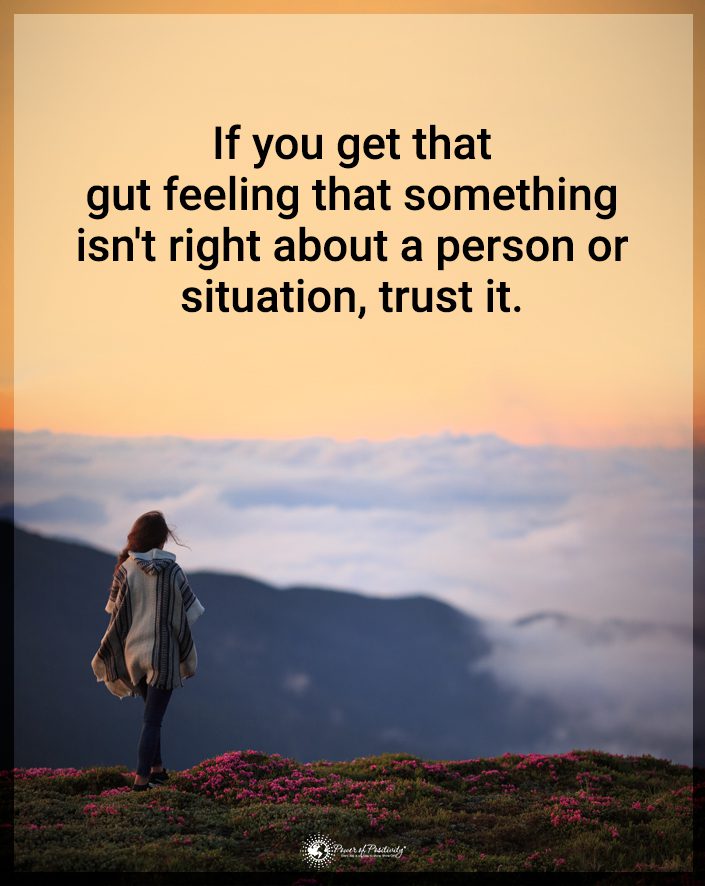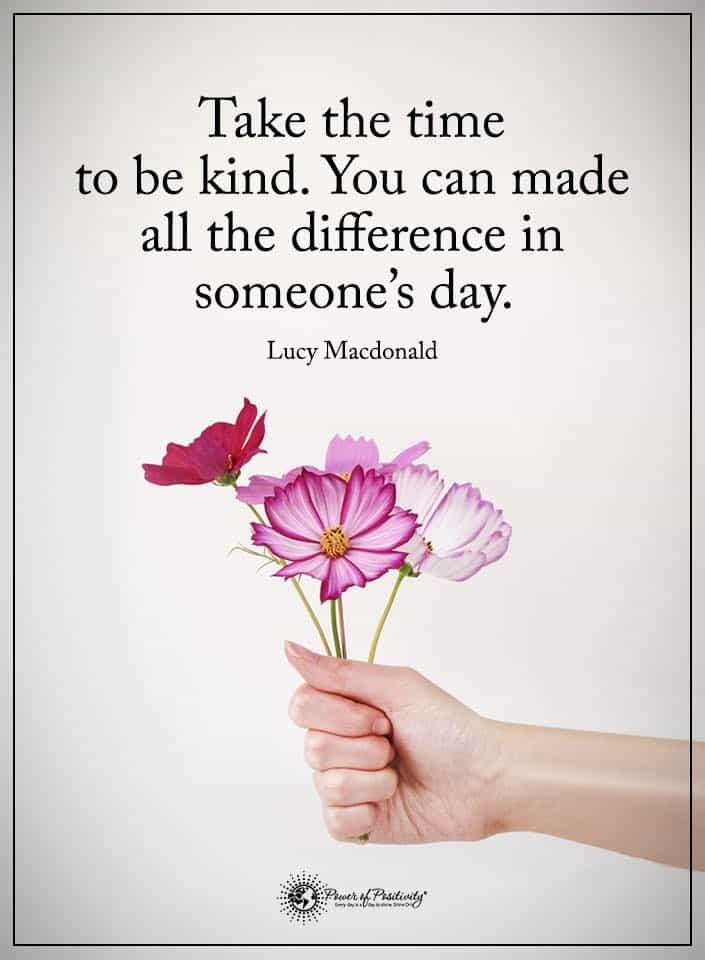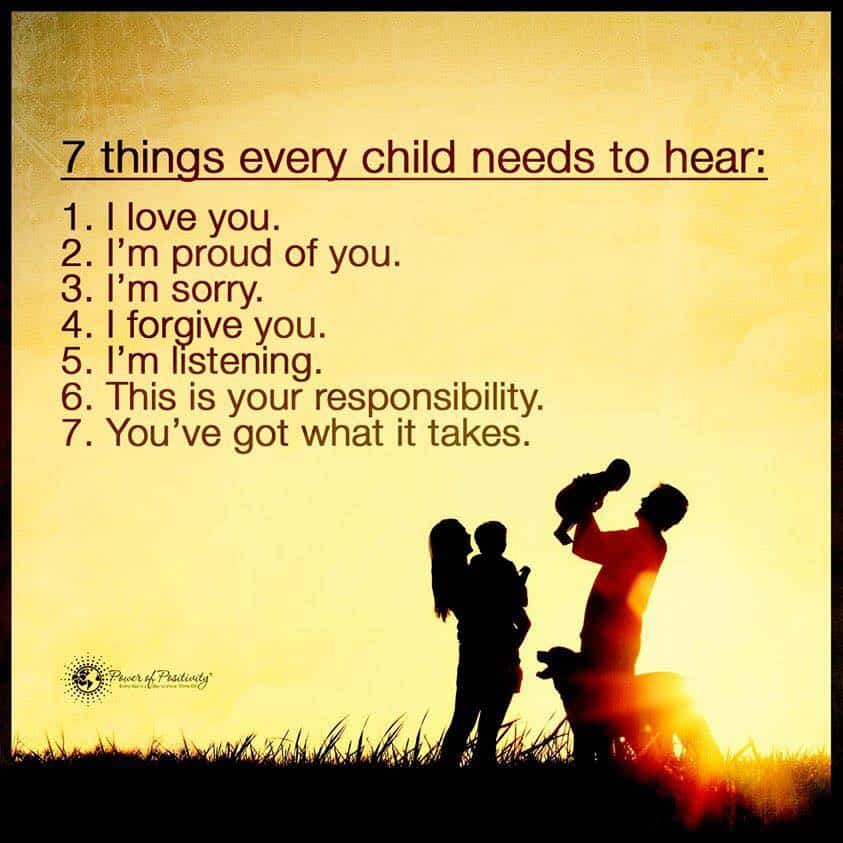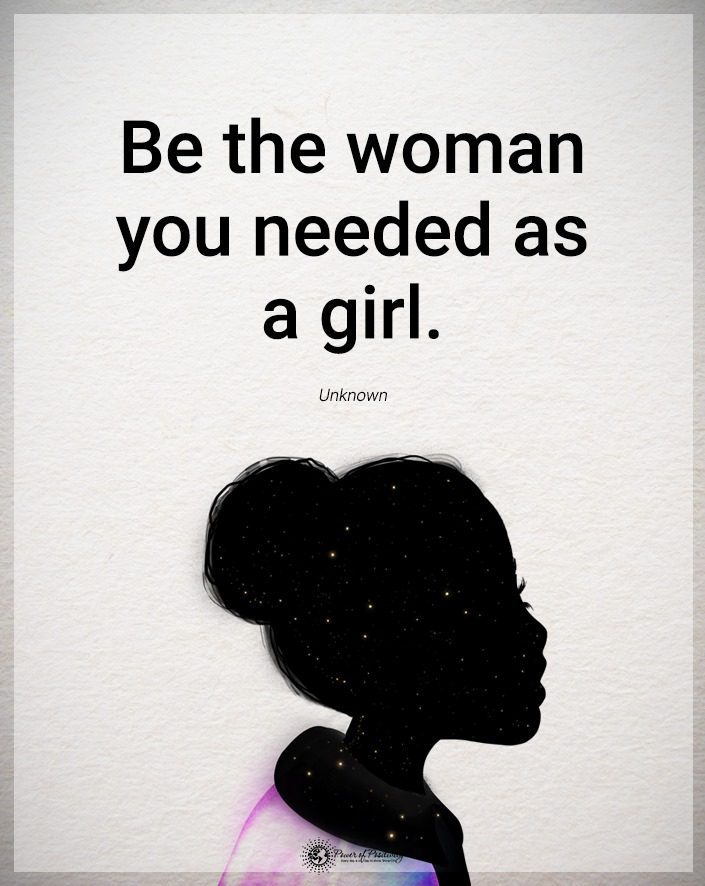Most people with anxiety and depression can’t provide an exact reason why they developed it in the first place. Aside from an individual experiencing a traumatic event, comprehending what exactly happened to cause it is often a futile endeavor.
In most instances, depression and uneasiness do not have a single cause. Medical professionals state that depression and anxiety surface from a few factors, including genes, past experiences, current circumstances, and others.
Understanding why one is suffering is not the most important thing. People with the disorders must understand that it is not their fault, as it can happen to anyone.
However, some lifestyle choices or experiences can contribute to or directly cause mental health concerns. The condition may be acute (short-term) or chronic (long-term), depending on the underlying cause. Knowing this is powerful, as we can counteract some things that instigate the conditions.
“Don’t believe everything you hear – even in your own mind.” – Dr. Daniel Amen
Common Lifestyle Causes of Depression and Anxiety
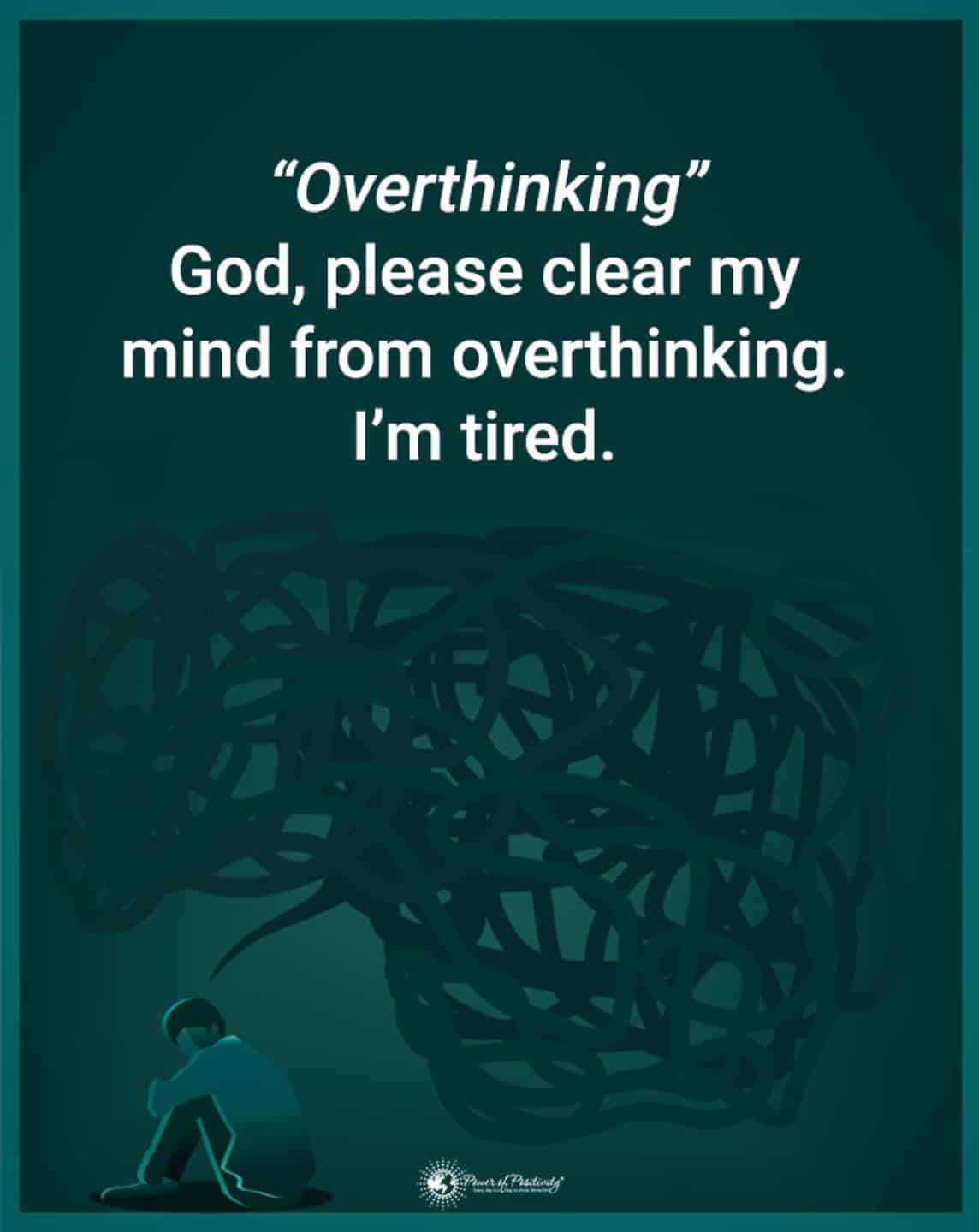
1. Substance Abuse
People abuse substances such as recreational drugs and alcohol for many reasons. Substance abuse is a habit that may form at any time, including during childhood and teenage years.
Drugs and alcohol can rewire your brain’s neurochemistry, disrupting communication between neurotransmitters. The neurotransmitters are the chemicals that allow your brain and body to communicate, and they control every physical and psychological experience. Individuals susceptible to depression and anxiety who engage in drug use are more likely to develop mental illness.
2. Overworking
Becoming exhausted because of too much of a heavy workload causes stress reactions within the body. When the brain is exposed to chronic stress, its delicate chemical balance is interrupted.
3. Grief and Trauma
A common talking point in the news is the prevalence of Post-Traumatic Stress Disorder (PTSD) in military members. Being a witness or victim of violence can trigger a biological reaction that evolves into full-blown uneasiness and depression.
Feelings of grief following the death of a loved one or friend, though uncomfortable, can serve as a good healer. However, prolonged grief in susceptible demographics can cause mental health issues.
4. Anxiety About Health Conditions
People diagnosed with untreatable health conditions may be at an increased risk of becoming depressed. Age-related illnesses or diagnoses of a terminal condition such as Parkinson’s Disease, Alzheimer’s, cardiovascular disease, or cancer often induce panic and helplessness. Of course, prolonged exposure to these feelings can manifest as depression.
5. Sudden and Stressful Changes
During the infamous Wall Street Crash of 1929, which led to the loss of billions of dollars and laid the foundation for the Great Depression, 23,000 people committed suicide. At the time, this number was the highest number of suicides ever in one year.
Sudden and stressful changes like what occurred on Wall Street can happen in your life. These events quickly cause anxiety and depression as life changes drastically.
6. Poor Self-Image
Low self-esteem and poor self-image can trigger anxious feelings and depression. People with self-esteem problems are more likely to engage in behaviors considered a health risk, including smoking, alcohol and substance abuse, and poor diet.
Research shows that there is a correlation between negative self-image and suicide. A continually negative picture of oneself can lead to obsessive thought patterns about appearance, money, reputation, and other aspects of your life.
7. Isolation or Rejection
Humans are naturally social creatures, requiring social interaction to function. We long for intimacy and desire another person to care for, love, and support. Isolation, separation from other human beings, rejection, and refusal of others to accept or consider you as part of something, are counterintuitive to the brain’s innate social cognitive functions.
As a result, the brain adopts opposing thought processes and forms neural networks that disturb its natural chemistry. In short, isolation and rejection can lead to a neurochemical imbalance.
8. Caffeine
While you might rely on your morning cup of coffee to wake up, it could trigger your negativity. It increases alertness, attention, and cognitive function, but only if you have a cup or two. Studies show that people with anxiety are more sensitive to the effects of caffeine.
Caffeine can trigger anxious feelings, and it could make you feel nervous and moody, too. Plus, it increases your heart rate, body heat, and breathing rate. You don’t have to cut it out of your diet entirely, but cutting back can make a difference in your life.
Caffeine isn’t always bad for you, but you must consume it in moderation. Plus, everyone has a different tolerance level, so paying attention to your limits is essential. It is a stimulant that triggers your fight or flight response and can cause you to feel jittery. Your body will feel like it is in a frightening situation.
One way to cut back is to substitute your caffeinated beverages with something else. If you choose coffee for the hot temperature, switch to non-caffeinated tea instead. Or, you could try flavored water if you drink caffeine because you need more flavor than plain water offers.
9. Past Experiences Contribute to Depression and Anxiety
Situations from your childhood or other times during the past can cause uneasiness later in life. Stress and trauma stay with you, even when you think you’ve gotten through it.
These experiences will have a long-term impact on your mental health and could involve physical or emotional abuse, losing a parent, neglect, racism, and social exclusion. Additionally, if your parents don’t treat you kindly or are overprotective, it can trigger depression later.
10. Family History
You could have a genetic predisposition to mental illness, so pay attention to whether or not the condition runs in your family. Having a parent or other relative who has depression or anxiety doesn’t always mean you will, but it does increase the risk.

11. Financial Issues
Worrying about finances can quickly trigger uneasiness. Whether you’re worried about saving money or paying down debt, you might become overwhelmed. Plus, unexpected expenses or fears involving money can cause mental health conditions.
If you can’t overcome your financial issues, you might want to see a professional financial advisor. Once you get your finances under control, you’ll feel much better and experience less uneasiness and depression. If you can’t see a professional, find ways you can cut costs and save more money.
Money provides people with a sense of security, so having financial issues takes away their feeling of being safe. Whether you’re worried about job security, salary, lack of knowledge, debt, wealth comparison, or anything else, it can impact your mental health.
12. Long-term or Chronic Stress
While daily stress like getting stuck in traffic or running late for work can cause stress, it doesn’t turn into anxiety and depression. However, long-term stress can lead to problems and worsening symptoms. Plus, stress can cause you to miss sleep, skip meals, or indulge in drinking and other detrimental behaviors that trigger uneasiness.
Stress is a normal part of life, but too much of it can trigger anxious feelings. Some of the events that could pile up and overwhelm you include:
- Career stress or change
- Pregnancy or giving birth
- Emotion shock from a traumatic event
- Physical, sexual, verbal, or emotional abuse
- Change in living situation
- Relationship or family problems
- Death of a loved one
- A cluttered home
Learning to cope with stress can help you overcome current struggles and prevent depression from setting in. If you can’t get through it, you might want to reach out to a professional to help you recognize and handle your stressors.
13. Certain Medications Might Cause Anxiety
Some medications can cause uneasiness or depression, and knowing if yours can help you overcome the issue. They make you feel generally unwell, triggering your mind and body in ways that cause anxiety symptoms. Mental health issues occur as a side effect of:
- Some psychiatric medications
- Medications for physical health concerns
- Birth control pills
- Cough medicine and over-the-counter decongestants
- Weight loss medications
- Recreational drugs
- Thyroid medications
- Medications for ADHD
- Narcolepsy medications
If any prescription medications trigger your uneasiness, talk to your doctor about how it makes you feel. They can help you find another option that doesn’t make you feel that way.
14. Lack of Sleep
Not getting enough sleep can cause many issues, including mental health conditions. If you stay up late every day for a long time, it can cause or worsen symptoms. Create a realistic sleep schedule that ensures you get plenty of rest. The CDC states that adults should get at least seven hours of sleep each day because anything less can cause issues.
Sleep deprivation can trigger anxiety, but uneasiness can cause problems sleeping. It turns into a seemingly never-ending cycle, and your condition will worsen as time goes on.
15. Personality Traits
Some personality factors can cause mental health issues, with perfectionists being more likely to develop anxiety or depression than other people. Likewise, those who are easily flustered or timid experience it more frequently. A lack of self-esteem and the desire to control everything can also lead to anxious feelings.
Additionally, people who frequently have negative thoughts can struggle with mental health issues. Being upset or frustrated and saying negative things to yourself can trigger feelings of uneasiness. Try to avoid using negative words and thoughts, refocusing on positive things in your life.
16. An Unhealthy Diet
The foods and beverages you consume can affect your mental health. Some foods worsen your symptoms, triggering depression. Sugar and caffeine are two of the most common foods to cause issues, but they aren’t the only ones. Research shows that carbohydrates can also increase your risk of mental health issues because of the quick changes in blood glucose levels.
Skipping meals can also trigger anxious feelings because it makes your blood sugar drop. It makes you jittery and causes your body to believe something is wrong. Balanced meals give you energy and essential nutrients, allowing you to feel good mentally and physically.
17. Conflict
Arguments and disagreements are conflicts that trigger or worsen mental health conditions. Relationship problems can interfere with every area of your life when they affect your mindset. Learning conflict resolution strategies can make a difference, or you could talk to a professional for tips on how to overcome.
It can be hard to deal with an argument, whether it is with a co-worker, your best friend, a spouse, or a family member. Sometimes even arguing with a random person can trigger the feelings within you.
18. Worrying About a Loved One
Your uneasiness and depression don’t only stem from concerns for yourself. Many times the feelings come from being worried about someone you love. You might worry about something happening to them or how you would cope if something did happen.
Research shows that caregivers often experience anxiety because they constantly worry about the person they care for. Even when there is nothing obvious to worry about, many people have overwhelming thoughts about something serious going wrong.
Anxiety and depression can also occur due to the fear of being separated from a loved one. This situation can occur in children and adults, although many think kids are the only ones who suffer. Adults sometimes think something bad will happen while away from their children, possibly leading to them avoiding separation.
19. Public Speaking or Events
Talking in front of people can trigger anxiety for many people. Even something as simple as talking to your boss could be enough to cause problems for you. However, public speaking in front of a large group can be debilitating.
You can find ways to become more comfortable with public speaking or during events, and a therapist can help you, too. One way to cope is to surround yourself with people who offer positive reinforcement to boost your confidence and help you find comfort in the situation.
Public events can be complex for some people, and being surrounded by strangers doesn’t sound like a good time. Making small talk or interacting with many people can trigger or worsen symptoms. In these events, try to bring someone you’re comfortable with along as a companion to ease the struggle.
20. Changes Within the Brain
Depression can occur because of a chemical imbalance, but many other changes can trigger it, too. Genetics, life stressors, substances, and medical conditions can all affect your brain and how it regulates feelings and moods. Luckily, you can stimulate nerve cell growth to help manage your mood, helping you overcome mental health concerns.
Final Thoughts on Common Causes of Anxiety & Depression
It’s not always easy to identify the cause of your anxiety and depression, but you can try. Identifying the cause can help you overcome the issues and move forward. You deserve happiness, and it’s up to you to find it. Get support and do what you can to feel better and live a fulfilling life.


